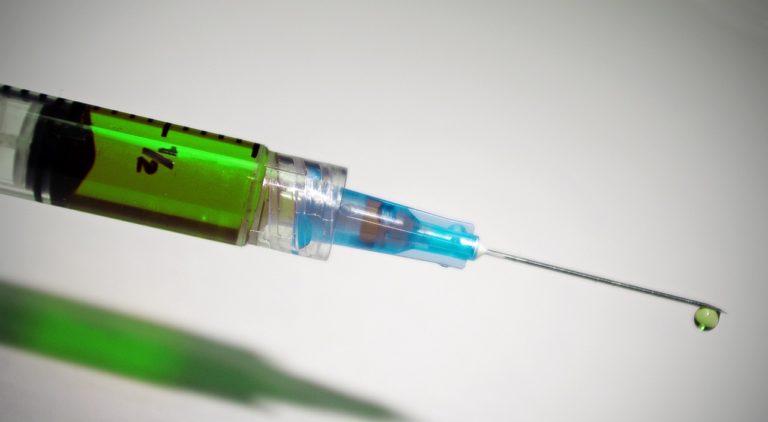Book Appointment Now

Mirror Therapy for Brain Injury Rehabilitation
Rehabilitation following a brain injury is crucial for patients to regain motor functions and improve their quality of life. One effective technique that nurses and rehabilitation teams employ is mirror therapy for brain injury rehabilitation. This approach uses the power of visual feedback to help patients retrain their brains, encouraging neuroplasticity and restoring motor functions.
What is Mirror Therapy?
Mirror therapy is a non-invasive technique where a mirror is placed in front of a patient, reflecting their unaffected limb. The brain perceives the reflected image as the affected limb, which can stimulate recovery in patients with motor impairments. This therapy is highly effective for stroke patients, those recovering from traumatic brain injury (TBI), and individuals with paralysis.
How Does Mirror Therapy Help in Brain Injury Rehabilitation?
In the context of nursing care, mirror therapy for brain injury recovery plays a significant role in stimulating neuroplasticity—the brain’s ability to form new neural connections. By repeatedly visualizing movements in the mirror, the brain rewires itself, making it easier for patients to regain voluntary control over their limbs. Nurses and physical therapists guide patients through specific exercises to maximize the effects of the therapy.
Nursing Interventions in Mirror Therapy
Nurses are essential in administering and supporting rehabilitation after brain injury, particularly when using mirror therapy. Their role involves:
- Setting up the therapy environment
- Educating patients about the process
- Assisting with positioning and monitoring patient progress
- Offering emotional and physical support to encourage adherence to the therapy
Nurses ensure patients perform the therapy correctly, and their involvement is crucial for consistent progress.
Benefits of Mirror Therapy for Brain Injury Patients
There are multiple benefits of using mirror therapy for brain injury rehabilitation. These include:
- Improved motor function: Regular use of mirror therapy can accelerate motor function recovery after brain injury.
- Enhanced neuroplasticity: The therapy fosters brain rewiring, which is essential in post-injury recovery.
- Emotional support: Seeing movements in the mirror can motivate patients, reducing frustration during their recovery journey.
Integrating Mirror Therapy with Other Rehabilitation Techniques
Nurses should combine mirror therapy with other therapies like physical and occupational therapy. Techniques such as strength training, balance exercises, and sensory re-education can complement the benefits of mirror therapy, making the rehabilitation process more holistic.
For nursing professionals involved in brain injury rehabilitation, mirror therapy offers a simple yet powerful tool to aid recovery. By focusing on neuroplasticity and mirror therapy, nurses can help patients regain control of their limbs, improving outcomes in both physical and psychological aspects. This technique is indispensable in comprehensive rehabilitation techniques for traumatic brain injury (TBI), ensuring patients regain as much function and independence as possible.







